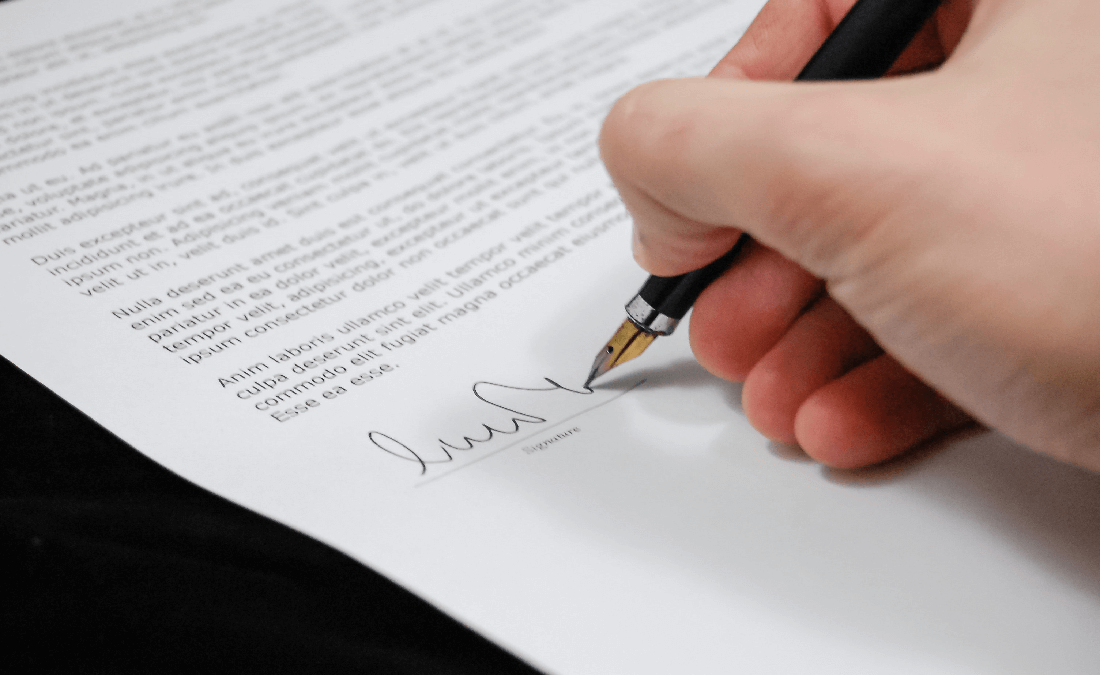Legal malpractice occurs when a lawyer does not properly handle a matter entrusted to him/her. It can happen when a lawyer acts negligently or omits to act when he/she makes a mistake with your matter or a deadline in your matter when they give bad advice or are not qualified to handle your matter. Call us if you think your lawyer has committed malpractice or handled your matter negligently.
Connecticut Law on Legal Malpractice
Our Connecticut Court has defined legal malpractice as “the failure of one rendering professional services to exercise that degree of skill and learning commonly applied under the circumstances in the community by the average prudent reputable member of the profession with the result of injury, loss or damage to the recipient of those services.” Barnes v. Schlein, 192 Conn. 732, 735 (1984).
Can I Sue a Lawyer For Legal Malpractice in CT?
Yes, you can absolutely sue a lawyer for legal malpractice in Connecticut. If you believe your lawyer’s negligence or misconduct caused you harm, you have the right to seek compensation. To prove your case, you’ll need to demonstrate the lawyer breached their duty of care and that this directly caused you damages. Consulting with a qualified legal malpractice attorney can help you navigate the complexities of such a claim.
Elements of Legal Malpractice
To show legal malpractice, the following elements must be met:
- An attorney-client relationship existed at the time of the alleged malpractice
- The attorney committed a wrongful act or omission or acted in a way that deviated from the standard of care he/she owed the client
- The attorney’s wrongful conduct caused the client harm, directly or indirectly; and
- As a result of the attorney’s wrongful conduct, the client suffered damages or losses.
Our attorneys have handled all kinds of legal malpractice claims successfully and practice in every Court in the State of Connecticut. We have a proven track record of recovering compensation for victims of legal malpractice. If you think that a lawyer has negligently or improperly handled your matter and as a result, you have suffered damages, call us. We offer a free first consultation to discuss if you have a claim that we can pursue. Also, with regard to some cases, we offer a contingency arrangement, which means you do not pay us until we obtain a recovery for you.
Top Ten Causes
- Your lawyer is not qualified to handle your matter
- Your lawyer has not paid attention to a statute of limitations for timely bringing your claim or has not paid attention to certain other deadlines set by the court which has resulted in penalties or loss of action
- Your lawyer has negligently drafted documents or a contract for you that has resulted in damages or losses
- Your lawyer has not vigorously advocated on your behalf and pursued proper avenues for your matter
- Your lawyer does not know the value of your case and has convinced you to settle your case for inadequate compensation, or your lawyer has not obtained fair and reasonable compensation for you
- Your lawyer has not spent enough time investigating and/or understanding your case to properly handle it and strategize (this is similar to your lawyer has not done due diligence to properly prepare your case so that you can obtain fair compensation)
- Your lawyer has not properly communicated with you or opposing counsel about significant parts of your matter which has caused damages
- Your lawyer has not properly retained the experts needed for your matter
- Your lawyer has engaged in fraud
- Your lawyer had a conflict while handling your case which negatively affected you or your outcome
It is essential in a legal malpractice action not only to show that an attorney has wronged you but also that the wrong has caused damages or losses to you. Examples are that a deadline has been blown and you cannot bring a claim; you have been put into a bad position by a contract drafted by your attorney with terms left out; or your matter has been resolved for far less compensation than it was worth because your lawyer did not properly prepare the matter.
What is the statute of limitations for legal malpractice in CT?
A general rule of thumb is that in Connecticut, a client has three years to bring a lawsuit for legal malpractice against their attorney. This statute can be applied liberally if there has been an ongoing relationship with the target attorney, or if the target attorney has been working to remedy the harm and damages his/her legal malpractice caused.
Contact a Connecticut Legal Malpractice Attorney
When legal malpractice occurs, innocent clients can suffer significant monetary damages. If you’ve been the victim of negligent or incompetent legal representation, it’s essential that you reach out to a skilled attorney to discuss your potential claim.
Contact Stanfield Bechtel Law to schedule a complimentary initial consultation. We represent clients all over Connecticut and have a proven track record of recovering compensation for victims of legal malpractice. Reach out to us today.
